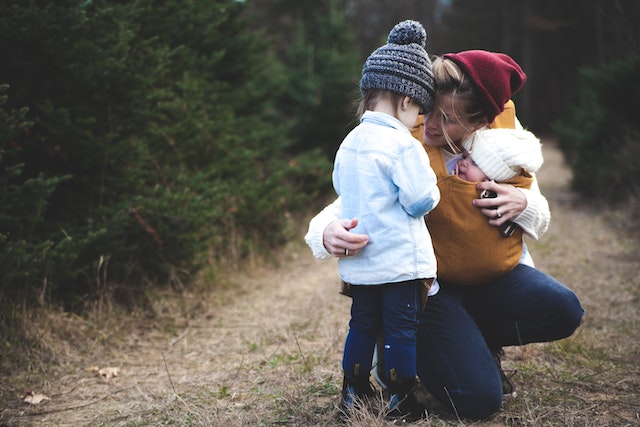As parents, we often want to understand our child’s personality traits and how they may impact their growth patterns.
Two common personality traits that children can exhibit are introversion and extroversion.
Understanding how these traits affect your child’s growth can help you support their development in a way that is best suited for them.
Introverted Children:
Introverted children tend to be more reserved, prefer quiet activities, and may need more alone time to recharge.
When it comes to growth patterns, introverted children may need more time to adjust to new situations or people.
They may also benefit from activities that allow them to work independently, like reading or art projects.
To support your introverted child’s growth, create a quiet space at home where they can retreat to recharge,
encourage them to pursue their interests and hobbies, and give them time to adjust to new situations at their own pace.
Extroverted Children:
Extroverted children tend to be more outgoing, enjoy social activities, and may need more stimulation to stay engaged.
When it comes to growth patterns, extroverted children may benefit from activities that allow them to interact with others, like team sports or group projects.
They may also thrive in situations where they can take the lead, like organizing events or leading group activities.
To support your extroverted child’s growth, provide opportunities for socializing and interacting with others,
encourage them to pursue activities that interest them, and offer them opportunities to lead or take charge in group activities.
Balance:
It is important to note that introversion and extroversion are not black and white categories, and many children fall somewhere in between.
Finding a balance that works for your child is key to supporting their growth patterns.
You may find that your child needs a mix of alone time and social time, or
that they prefer to participate in activities that allow them to both work independently and collaborate with others.
As a parent,
it is important to listen to your child’s needs and preferences and provide support in a way that is best suited for them.
In conclusion,
Understanding your child’s personality traits can help you support their growth patterns.
Introverted children may need more alone time and quiet activities,
while extroverted children may thrive in social situations and group activities.
It is important to find a balance that works for your child and to
provide opportunities for them to pursue their interests and hobbies in a way that supports their personality traits.
With patience, understanding, and support,
you can help your child grow and develop in a way that is best suited for them.
![]()











